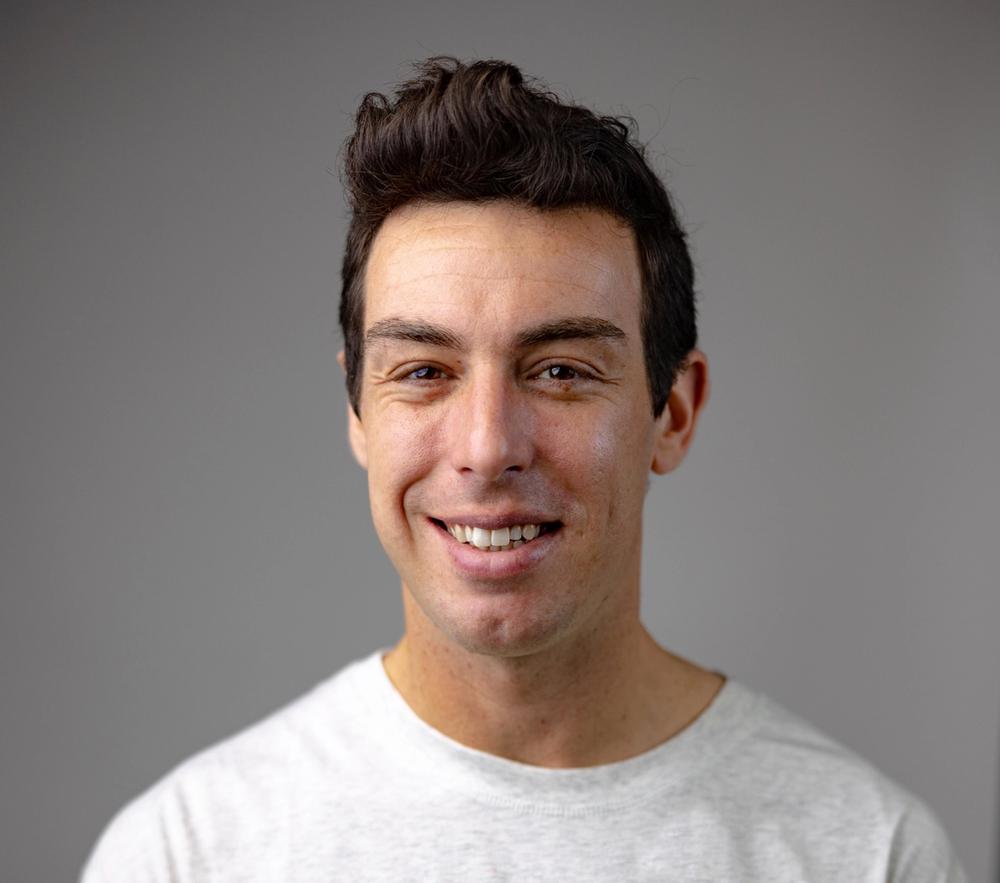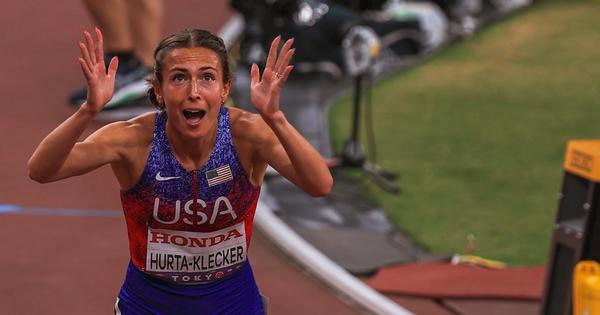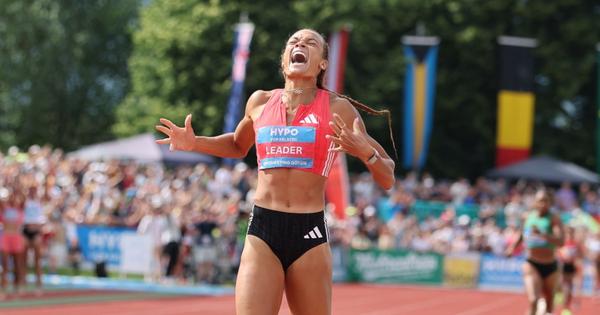By David Melly
October 9, 2025
It’s a tale as old as professional sports. A superstar athlete runs afoul of a governing body, and a public battle between individual and institution ensues. Track and field boasts a long and sordid history in this department, from Steve Prefontaine vs. the Amateur Athletic Union to Nick Symmonds’s crusade against USATF’s uniform rules.
The latest installment took place in Tokyo last month: three-time Olympic heptathlon champion Nafissatou Thiam felt disrespected by Belgian Athletics and ultimately withdrew from the competition after five events, the first time Thiam has ever failed to finish a global championship.
The short version is that Thiam had issues with Belgian Athletics’s code of conduct, declined to sign the agreement, and felt the federation retaliated unfairly. During Worlds, Thiam detailed a number of claims in a press conference, including that her team hadn’t been given accommodations for the Belgian pre-camp and that her physical therapist hadn’t been accredited.
In response, Belgian Athletics president Jessica Mayon didn’t mince words, saying “I have written proof that what she says isn’t true. It’s a lie. She received an email promising that someone from the federation was willing to do anything for her at the training camp. Of course, she was welcome there.” It’s worth noting that that wasn’t exactly what Thiam alleged in the first place, so “lie” feels like a strong choice of words.
Last week, Thiam shared her side of the story via a long message to Instagram, which reiterated her existing issues and emphasized that she felt there was a concerted effort by Belgian Athletics to prevent her from succeeding in Tokyo. It’s clear there was an extensive back-and-forth leading up to Worlds, with issues about team vs. individual sponsors, financial support, and comments made in the press. Thiam summed up her feelings:
I cannot stress enough how important it is for change right now. The safeguarding of athletes and their rights must be a priority. Where can an athlete go when they are intimidated or bullied by their own federation? Who protects them? Well, nobody. That’s why so many are afraid to talk.
Nafi Thiam is indisputably the most successful Belgian track and field athlete in history. She’s responsible for three of the seven Olympic golds in the nation’s history, and since 2016, she’s won six of the country’s 14 total World/Olympic medals. She’s one of only five athletes ever to clear the 7,000 point barrier and is the world record holder in the pentathlon indoors.
What this all means is that Thiam has been competing on the international stage for over a decade, and this is the first time she’s been cast in a light such as this. If we’re giving anyone the benefit of the doubt, we’re inclined to side with Thiam.
We don’t know the truth, but the simplest explanation is that only an athlete as notable and influential as Thiam could take on her national federation like this. For any other Belgian athlete, you’ve got an issue with your team’s code of conduct? Well tough nuggets; enjoy watching the championship from your couch. But Thiam has Olympic titles to her name and little left to prove. So why not take a stand?
Of course, the Belgian powers-that-be could reply that every athlete should play by the same rules, and just because Thiam is a big name doesn’t mean she should get special treatment.
But is that really true? The reality is that—while we prize fairness in principle—when it comes to track and field, the Entertainment Product, some athletes do matter more. It’s a loss for the nation, the fans, and the entire sport when Thiam doesn’t take on Anna Hall.
A quick scan of the comments on Thiam’s Instagram post reveal messages of support from the likes of Dina Asher-Smith, Aries Merritt, Eleanor Patterson, and—perhaps most tellingly—Belgian athletes like Cynthia Bolingo, Élodie Ouédraogo, and even retired tennis star Kim Clijsters. Thiam’s peers seem to believe she’s standing up for what’s right, and so do we. It’s on Belgian Athletics now to make amends: both in the form of a public apology and in the more critical follow-up, institutional changes to keep this situation from reoccurring.
There’s no track and field without the athletes that toe the start line. And the very least we as a community can do is give them the support they need to succeed when they get there.

David Melly
David began contributing to CITIUS in 2018, and quickly cemented himself as an integral part of the team thanks to his quick wit, hot takes, undying love for the sport and willingness to get yelled at online.




